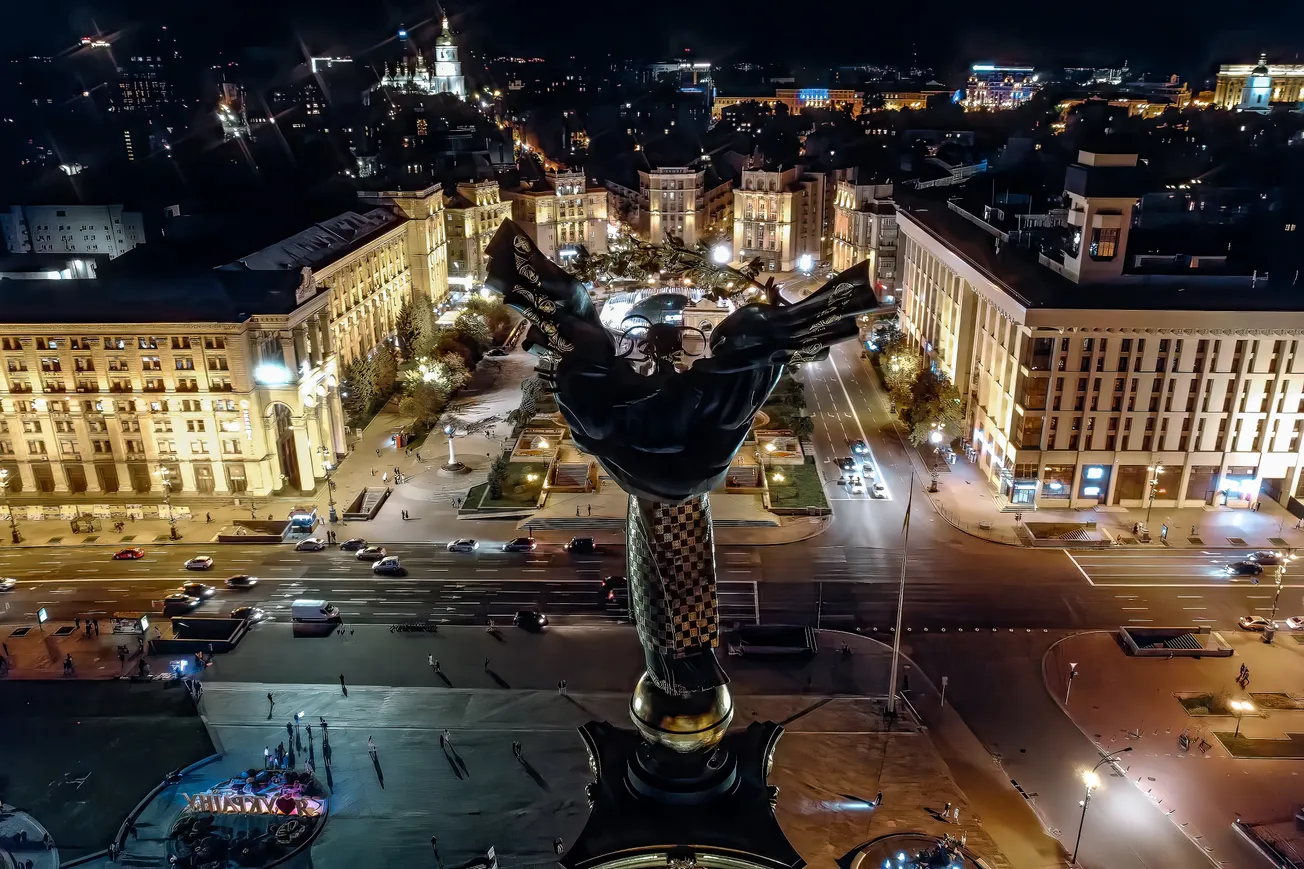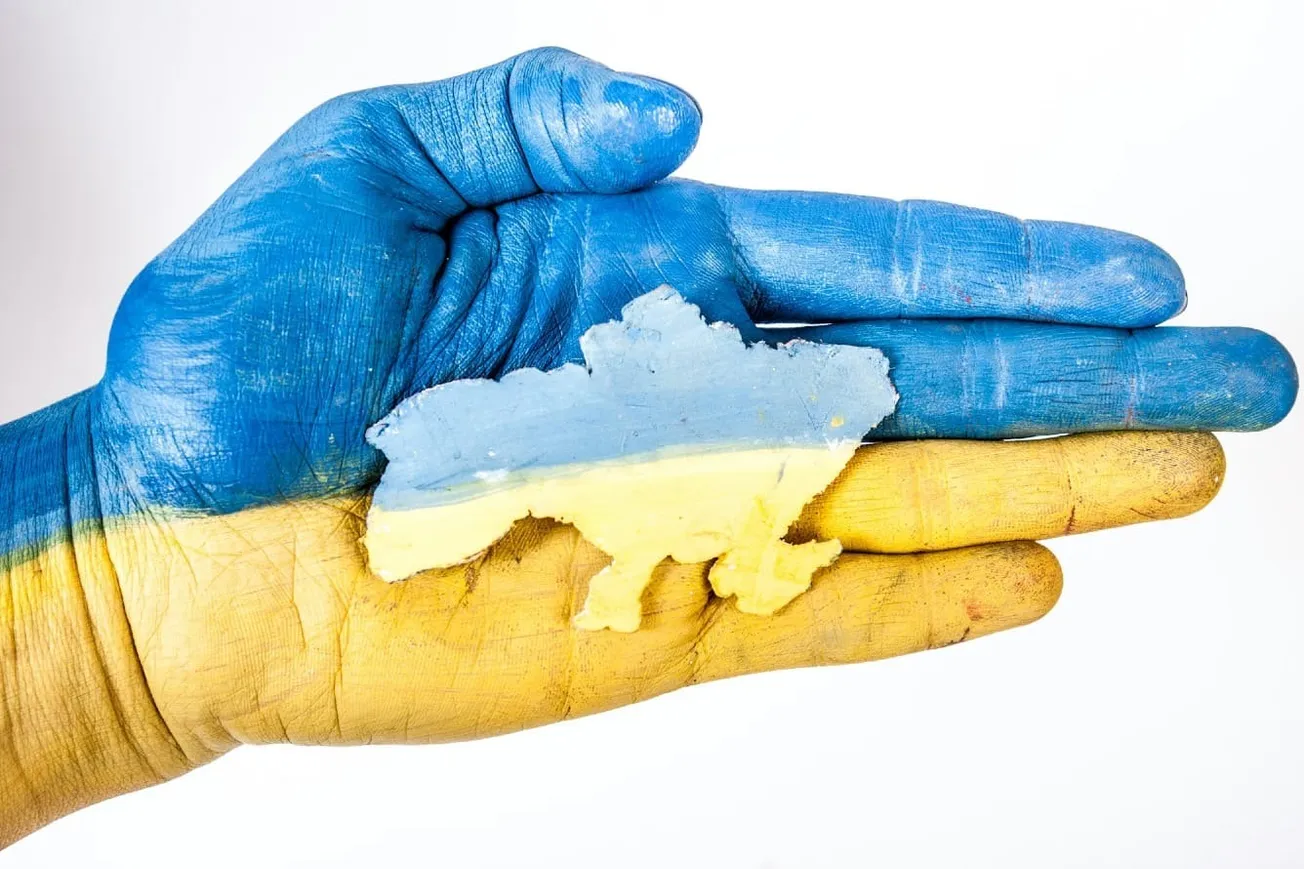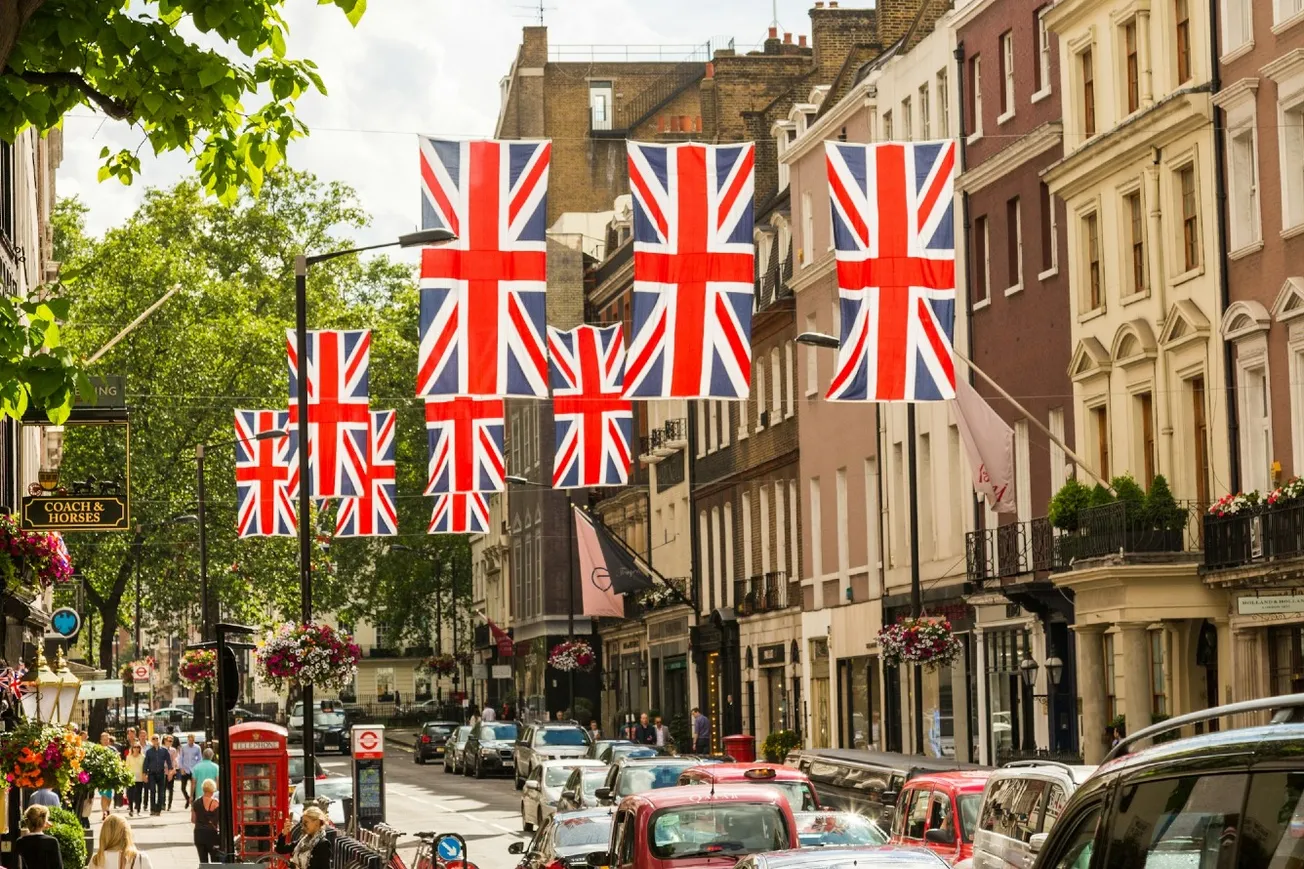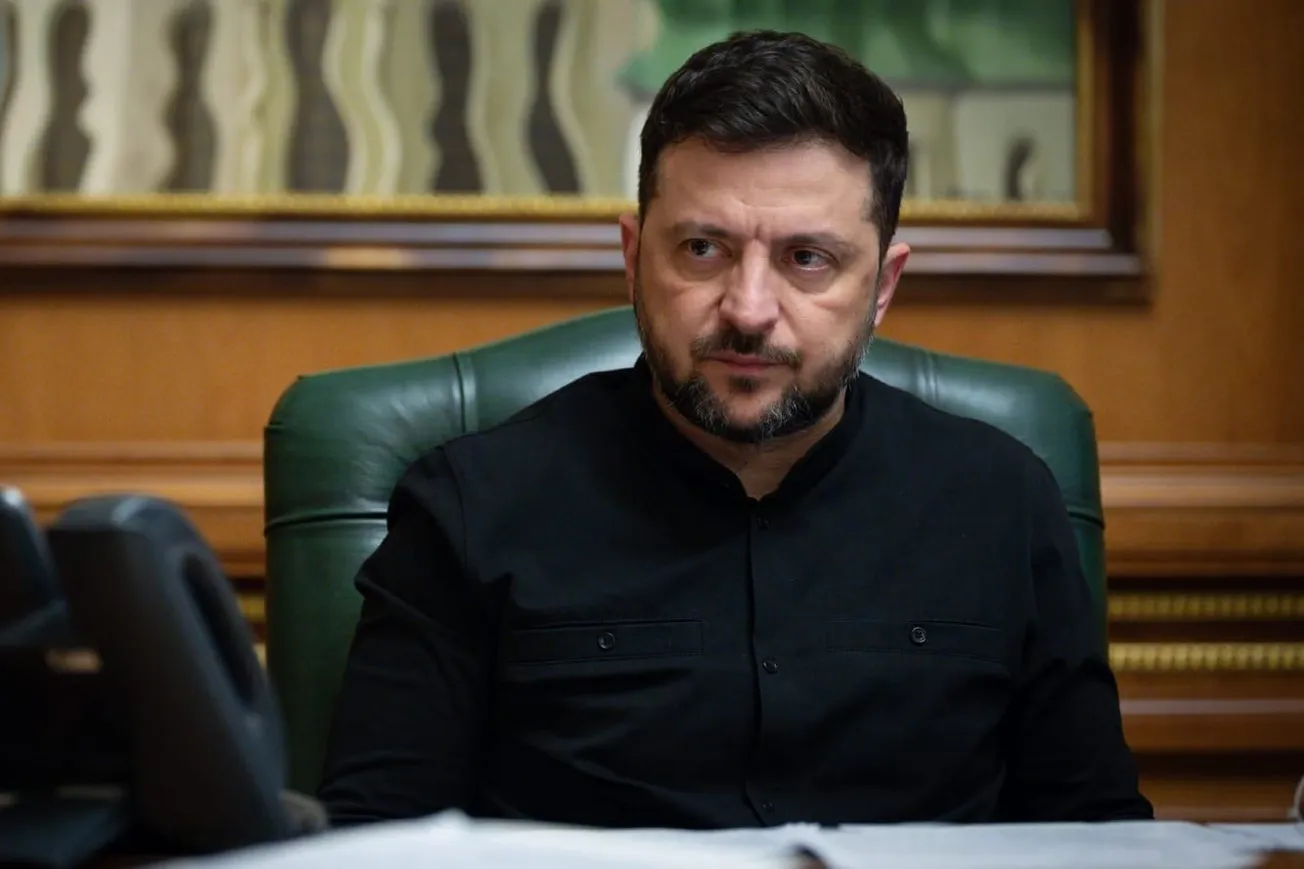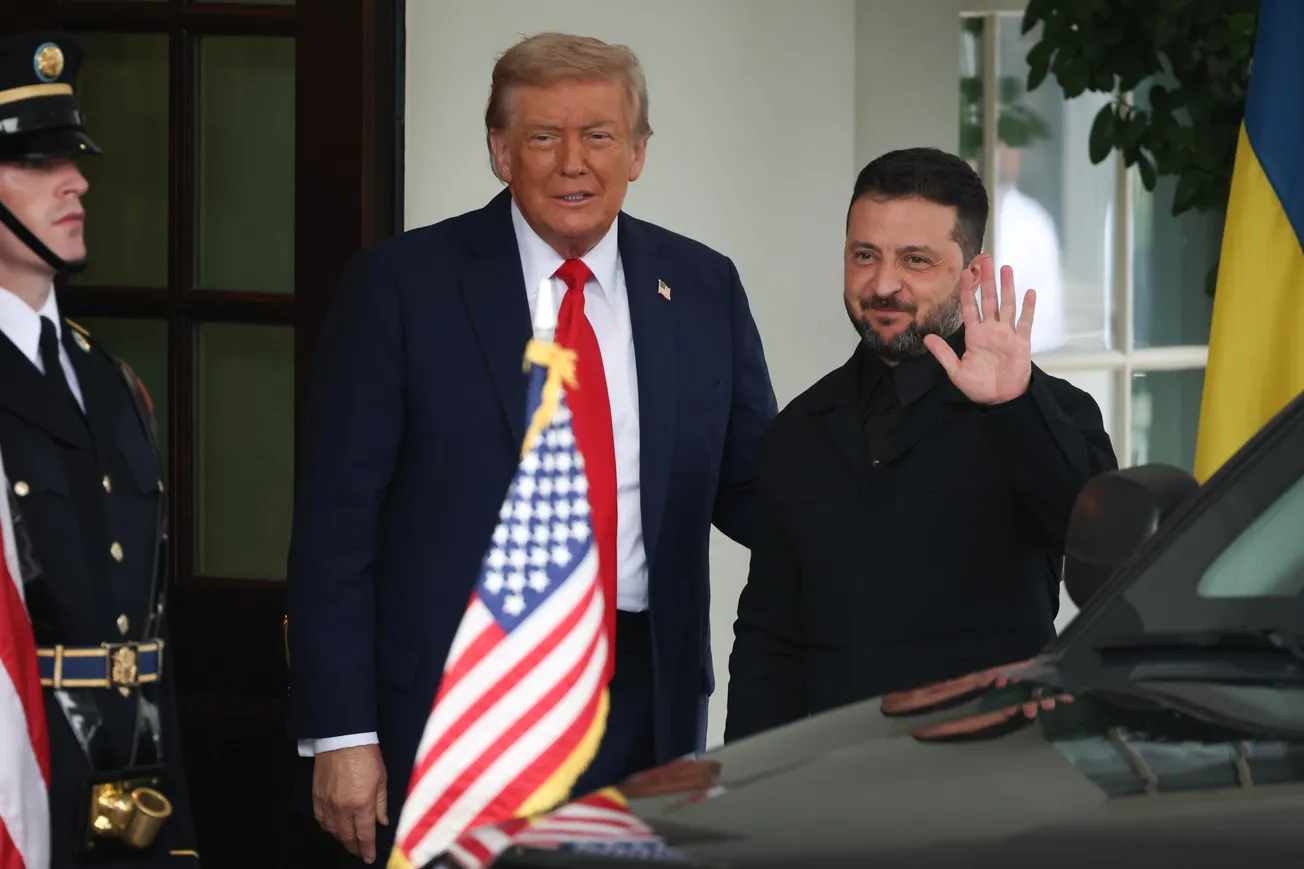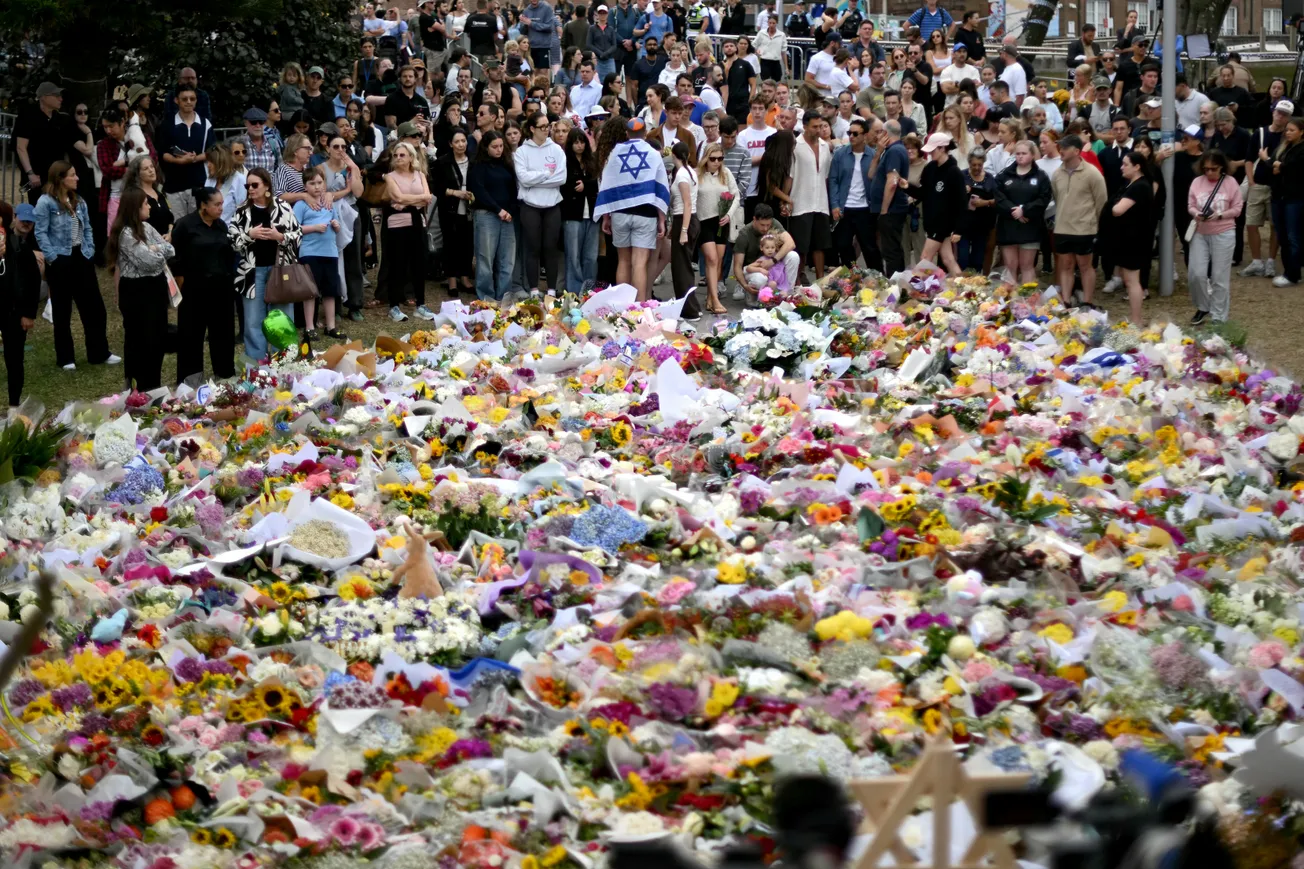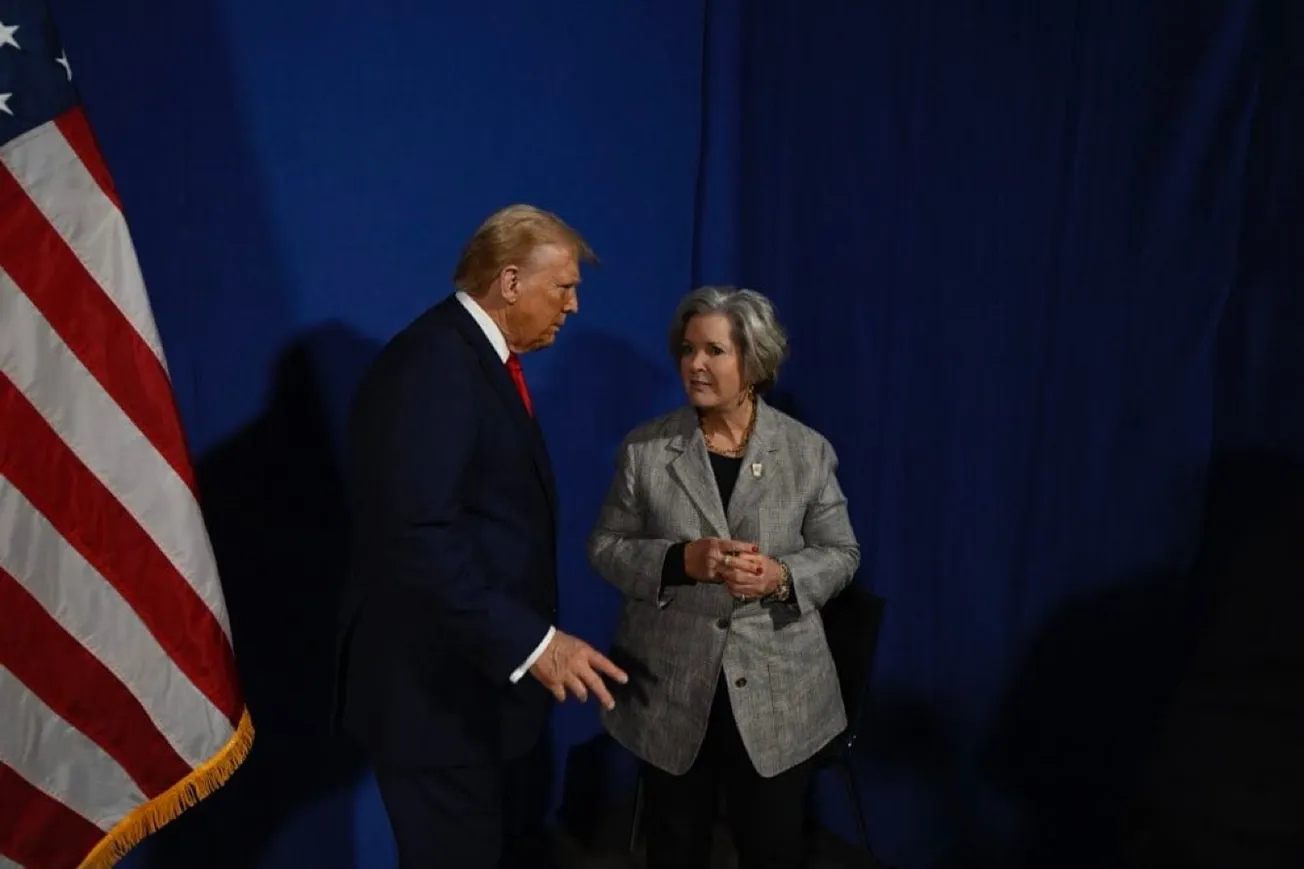As the Biden administration gets ready to send another tranche of weapons to Ukraine in its failing counter-offensive, it is reasonable to ask what got America into this mess in the first place.
We have pointed out often in these columns that long before Russia fired a single shot, President Biden's neocon foreign policy team aggressively pushed President Zelenskyy of Ukraine to abandon neutrality and align with America for security assurances.
When Ukraine became independent in 1990, freeing itself from the Soviet Union, its Declaration of State Sovereignty of Ukraine, equivalent in stature to America's Declaration of Independence, explicitly promised that Ukraine would remain neutral and eschew any attempts to engage in security partnerships.
[We thank the U.S.-Ukraine Business Council for posting an English translation of the full declaration on its website. Established in October 1995 to promote bilateral trade and investment with the United States, the Council displays pictures of senior U.S. government officials at its events in a reminder that it is a legitimate, IRS-approved non-profit].
"The Ukrainian SSR solemnly declares its intention of becoming a permanently neutral state that does not participate in military blocs and adheres to three nuclear free principles: to accept, to produce and to purchase no nuclear weapons."
Mission statements are generally governing principles that outlast political regimes. They are enshrined in the public sphere to assure future generations about the values of an entire nation and are not designed to be easily modified. Changes to structural documents like the Constitution require significant public support, like in the United States, where an Amendment can only be adopted after a two-thirds majority vote in both chambers of Congress and a simple majority in 38 state legislatures. Translation: It is extremely tough to change a country's mission statement.
But, in Ukraine, changes to the country's very fabric can be made depending upon who is in power - and under pressure from foreign governments willing to shower cash on Ukraine's leaders. In 2022, the country ranked 116th out of 180 countries in Transparency International's Corruption Perceptions Index, a marked improvement over 2021, when Ukraine placed 122, giving it the dubious distinction of being the second-most corrupt nation in Europe. Russia, at #136, fared worse.
For over 25 years, Ukraine's neutral geopolitical status has been prized by Russia, which has argued that for a country with deep-rooted ties to Russian culture and history (most people in Ukraine are bilingual in Russian), a buffer zone between Russia and NATO countries ensures security for all sides. It is a position that the United States took under President JFK when the Soviets attempted to move nuclear weapons to Cuba, a Soviet client state. JFK then insisted that if those ships were to dock in Cuba, he would consider the move an act of war, and nuclear armageddon could ensue.
Going back to the second Clinton administration, America has nursed a passion for expanding NATO, a policy that has met with frowns from Moscow. In 1999, the Czech Republic, Hungary, and Poland gained NATO membership. On March 29, 2004, under the urging of President Bush 43 in the wake of the global war on terror, NATO expanded by seven new states on a single day - Bulgaria, Estonia, Latvia, Lithuania, Romania, Slovakia, and Slovenia. Each was a Soviet colony during the cold war.
President Putin protested but to no avail. But he had drawn a red line stating that Ukraine and Georgia must not join NATO.
In 2008, America pressed at a NATO summit for Ukraine to join, but France and Germany rebuked the idea. All NATO member countries must agree before a new state can be admitted.
Not to be outdone, America and Russia continued to influence Kyiv, pulling the country in diametrically opposite directions to pursue diametrically opposite goals. On June 3, 2010, under the leadership of then-President Viktor Yanukovich, the Ukrainian Parliament approved a bill barring the country from joining NATO and returning the nation to its professed goals in its Declaration of State Sovereignty. It was a massive victory for Putin.
The Obama-Biden administration was furious and deployed senior officials like Victoria Nuland at the State Department and CIA operatives to help wreck the Kyiv government. Sen. Lindsey Graham and his best buddy, the late Sen. John McCain, openly supported the Kyiv Maidan Revolution, resulting in President Yanukovich's ouster and his bolting to Moscow. The date was February 21, 2014.
The Russian government protested that the actions amounted to a CIA-engineered coup when a legitimately-elected leader was evicted - and attacked/annexed Crimea to safeguard the interests of Russian speakers there.
It was now up to America to ensure that a pro-Western leader would be elected to Ukraine's presidency to do America's bidding. With significant American support, Petro Poroshenko, a former businessman, became president on June 7, 2014. Six months later, Poroshenko pushed through a vote in Parliament that abandoned the country's neutral "non-bloc" status and set a course for NATO membership, a move immediately denounced by Russia as "unfriendly."
Victory achieved, America took a pause in befriending Ukraine during the Trump administration. Ukraine was still in the news when American Neocons impeached President Trump for the first time.
But months after President Biden took office, senior State Department and National Security officials, waiting to act on their obsession with Ukraine, pounced on the chance. Their collective efforts resulted in President Zelenskyy signing a security agreement with the United States in November 2021 that promised Ukraine limitless weapons and training. Three months later, Russia invaded Ukraine.
George F. Kennan, perhaps America's most influential diplomat, opposed the NATO expansion. He spoke to Thomas Friedman of the New York Times in 1998.
I think it is the beginning of a new cold war. I think the Russians will gradually react quite adversely and it will affect their policies. I think it is a tragic mistake. There was no reason for this whatsoever. No one was threatening anybody else. This expansion would make the Founding Fathers of this country turn over in their graves. We have signed up to protect a whole series of countries, even though we have neither the resources nor the intention to do so in any serious way.
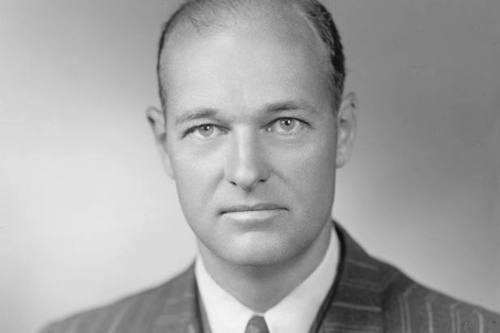
America has continuously meddled in Ukraine. And to this day, we have nothing to show for it except hundreds of billions spent, millions displaced, hundreds of thousands dead or wounded, and a potential nuclear conflict.
We can do better.
Related Infographics
Ukraine, currently under siege from its Russian neighbour to the east and occupying a strategic position for NATO to the west, has for centuries been at the crossroads of major regional power struggles.
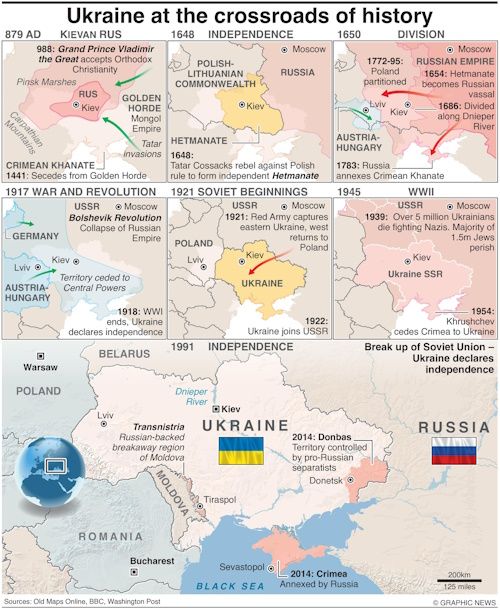
Since the establishment of Kievan Rus by Viking traders as the first major Slavonic state, the territory of the Ukraine has been occupied and ruled not just by Russia, but by Mongols and Tatar Cossacks, Poland and Lithuania, Austria-Hungary and the Soviet Union.
Ukraine was plunged into chaos in 2014 as mass protests against pro-Moscow President Viktor Yanukovych led to his overthrow, sparking the ongoing crisis as Russia annexed the territory of Crimea, a strategic Black Sea peninsula. Since then a Russian-backed separatist insurgency in eastern Ukraine has led to the deaths of thousands.
On February 24, Vladimir Putin ordered Russian forces to invade Ukraine.
Russia’s full-scale invasion of Ukraine has sent millions of Ukrainians fleeing to countries across Europe.
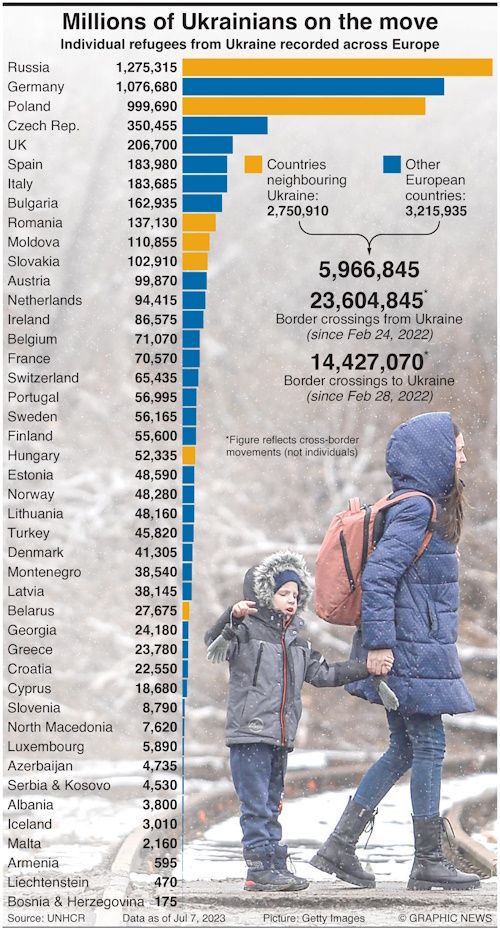
In February, during the first week of Russia’s invasion of Ukraine, a million civilians fled to neighbouring countries in Europe.
Now, some 500 days later, there are almost six million Ukrainian refugees, mostly women and children, living in Europe, many of who are thinking about settling for good in the countries that have taken them in – creating a challenge to rebuilding the Ukrainian post-war economy.
A poll of 500 Ukrainian businesses shows that a third of them already see staff shortages as a major challenge, and once wartime restrictions on men leaving the country are lifted, many of them may choose to join their families abroad, further depleting the population of young, qualified, enterprising and educated people.
Like our insights? Show your support by becoming a paid subscriber!

